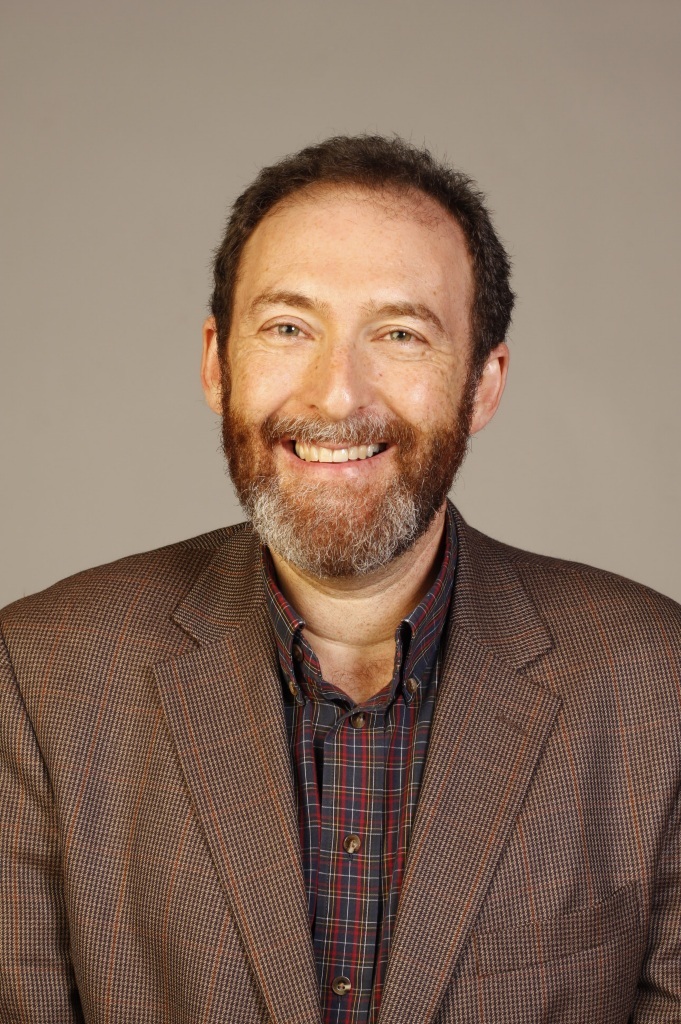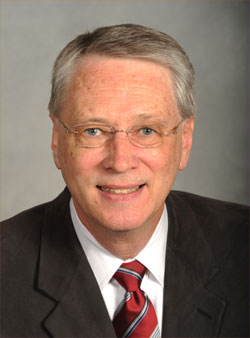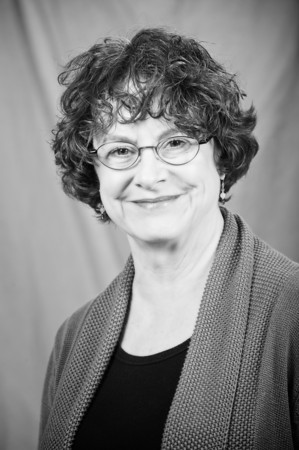By Jeff Brumley
Rabbi Yossi Posner knows from experience that Jews who fervently pray and regularly attend synagogue tend to enjoy a greater quality of life than those who don’t.
“When people are praying and more in tune with their inner connection with God, definitely it does reduce the level of tension,” said Posner, director of Chabad of Alabama, an Hassidic Jewish center in Birmingham, Ala.
Recently released studies by a Baylor University researcher back up the rabbi’s claim.
Jeff Levin, Baylor professor of epidemiology and director of the program on religion and population health, published two studies suggesting that regular synagogue attendance and prayer are indicators of physical and emotional wellbeing — and even happiness.
Levin, a member of the Conservative Jewish movement, spent the past four years analyzing European and international social surveys conducted by other agencies, teasing out the questions and data surrounding attitudes about health and religion among adult Israeli Jews.

Levin’s studies were published by the American Psychological Association and the Journal of Happiness Studies.
“Long story short: the more Israeli Jewish adults are involved with going to services, the more it seemed to be, on average, that they scored better on these happiness scales,” Levin said. “The more secular seemed to be a little more miserable.”
Levin said his entire career has centered around studying how faith and spiritual and religious participation impact physical and mental health. Most recently he decided to focus on Judaism because the estimated 4,000 preceding studies conducted by others the past 20-25 years have focused on other faiths, especially Christianity.
“Very little has focused on Jews,” Levin said, adding his scientific work had a partial religious motive. “I would hope my fellow co-religionists would see there is great benefit and value, besides religious value, in going to shul.”
‘Great joy and fulfillment’
Levin’s findings were not surprising to other religious leaders and scholars who have studied the connection between health and spirituality.
“My observation and experience has been that people of faith – who practice their faith – find life to be fulfilling but not always easy,” said Daniel Vestal, director of the Baugh Center for Baptist Leadership at Mercer University and former executive coordinator of the Cooperative Baptist Fellowship.

Vestal said regular religious practice does not guarantee happiness for any or all. There are plenty of regular church-goers who are unpleasant, just as there are non-religious people who live satisfying lives. But he has witnessed that those who practice love and compassions for others live “life with great joy and fulfillment.”
The term Janet Ramsey prefers to use for the benefit spiritual practice and religious community provide participants is “resilience.”
“Resiliency has to do with going through some challenges in life and bouncing back,” said Ramsey, gerontologist, marriage and family therapist and co-author of the 2012 book Spiritual Resiliency in Aging: Hope, Relationality and the Creative Self.

People who do not deny the reality of aging and other hardships in their lives, who are “deeply relational” and connected to others and “very much anchored in church or religious tradition” tend to demonstrate the greatest resiliency, said Ramsey, professor emeritus of pastoral theology and ministry at Luther Seminary in Minnesota.
And it’s much more than simple attendance of services, Ramsey said. That must be accompanied by a sense of belonging and that provides everything from help for household repairs to “feeling part of this larger something.”
Exercise, diet – and faith
Levin said he is fully aware that relying on other people’s surveys limits the kind of data he can glean from them.
His analysis was of 3,000 Israeli adult Jews in the European Social Survey and the International Social Survey Program’s Religion III survey. Levin said he had to cross reference health questions with others asking about religious attendance to arrive at his findings.
Levin said his biggest concern is that some readers come away dismissing such studies as totally false because they know a religious person with cancer or who acts rudely toward others.
“The thing that often gets lost in the news stories” is that such findings show statistical probability, not certainty.
The main point is to show that faith – along with exercise and a healthy diet – can be a factor in health.
“Faith and spirituality deserve a place at the table along with everything else … to help us face health challenges,” Levin said.
